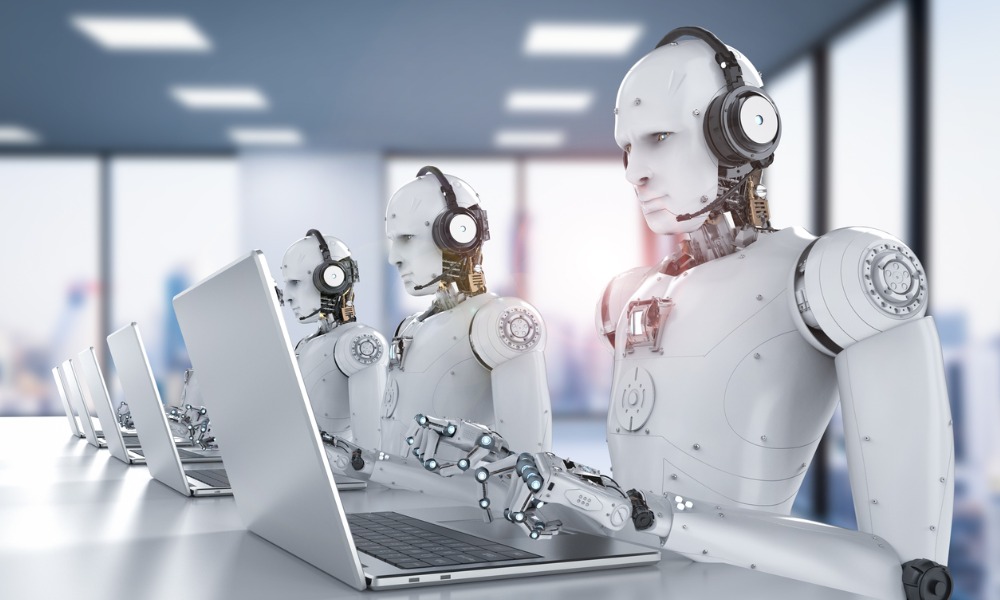'Robots can highlight our common human identity and reduce out-group prejudice'

The threat and salience of robot workers can highlight our common human identity and reduce “out-group” prejudice, according to a study out of the University of North Carolina.
“Some suggest that automation will exacerbate intergroup tensions, much like major economic shifts of the past,” say researchers Joshua Conrad Clarkson, Noah Costelo and Kurt Gray in Could a Rising Robot Workforce Make Humans Less Prejudiced? “[But] under a variety of conditions, the threat and salience of robot workers can do just the opposite: Robots can highlight our common human identity and reduce out-group prejudice.”
“The salience of robot workers may increase panhumanism and reduce prejudice by highlighting the existence of a group that is not human. The large differences between humans and robots may make the differences between humans seem smaller than they normally appear,” say the researchers.
In social psychology, people define themselves in terms of social groupings and are quick to denigrate others who don't fit into those groups, according to Susan Krauss Whitbourne, professor emerita of psychological and brain sciences at the University of Massachusetts Amherst, in Psychology Today. Others who share our particular qualities are our "ingroup," and those who do not are the "outgroup."
Six studies on robots
In the first study, Clarkson et al found that people’s anxiety about robots correlated negatively with their anxiety about other human groups, their refusal to live next to out-groups, and their symbolic ethnocentrism. This means that people who are most concerned about robots are the least prejudiced towards human out-groups.
In the second study, reading about a rising robot workforce led people to report less anxiety about human out-groups, more willingness to live next to individuals from out-groups, and marginally reduced participants’ symbolic ethnocentrism, suggesting that the salience of robot workers can improve intergroup relations.
The third study suggested that the rise of robot workers made people more accepting of human out-groups as partners, managers, doctors, politicians, and military commanders while participants in the fourth study showed less discrimination among races when robots are included as members of the community, consistent with a negative individual-level association between automation and prejudice.
The fifth and sixth study found that priming the salience of robot workers led people to express a greater sense of panhumanism, which in turn reduced prejudice and prejudice towards outgroups.




